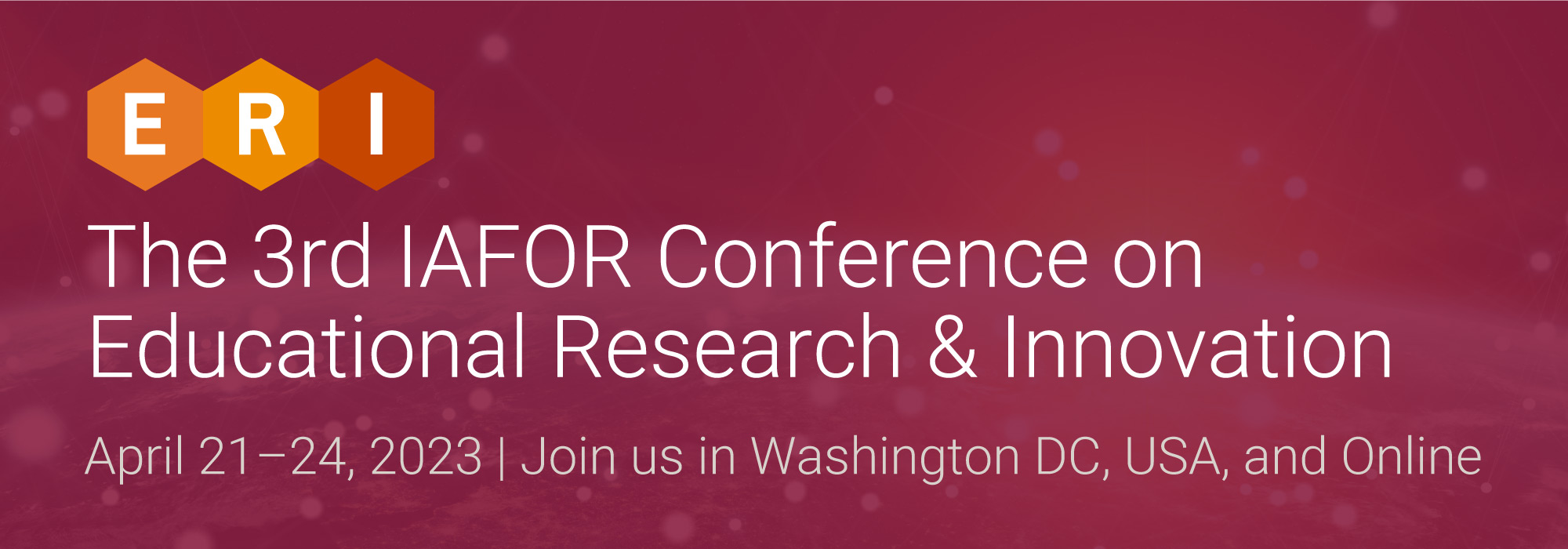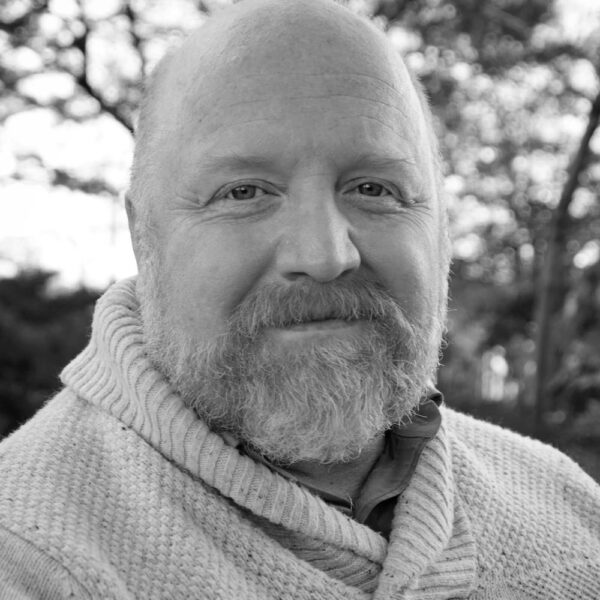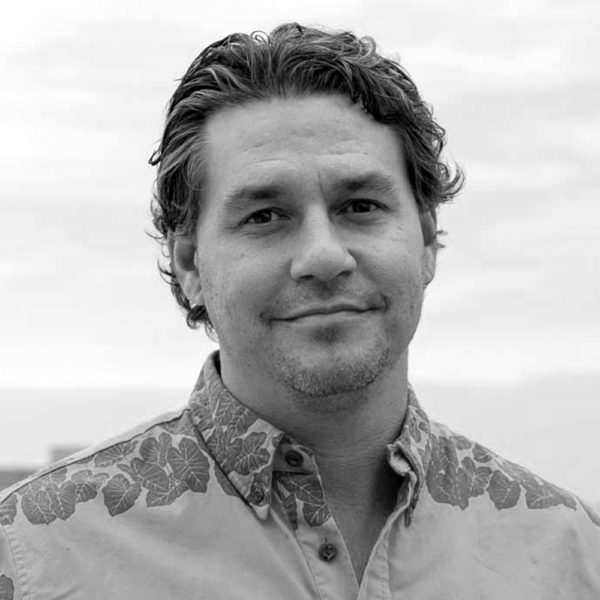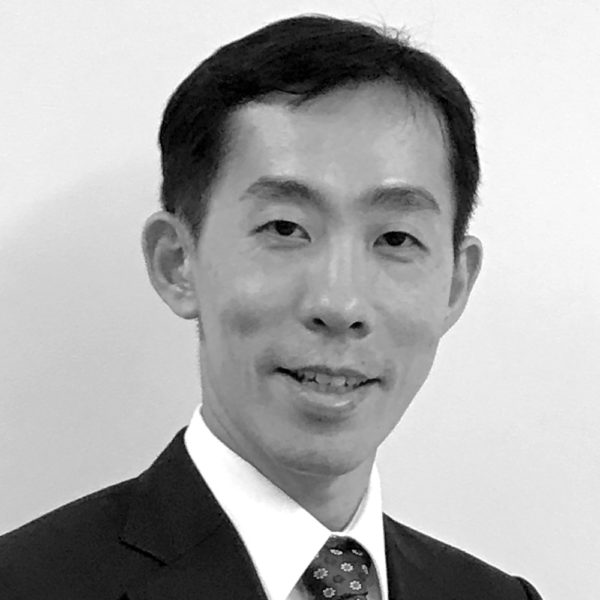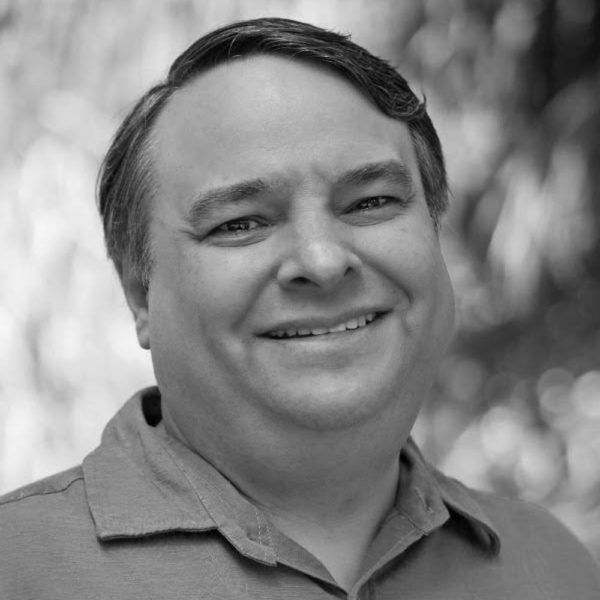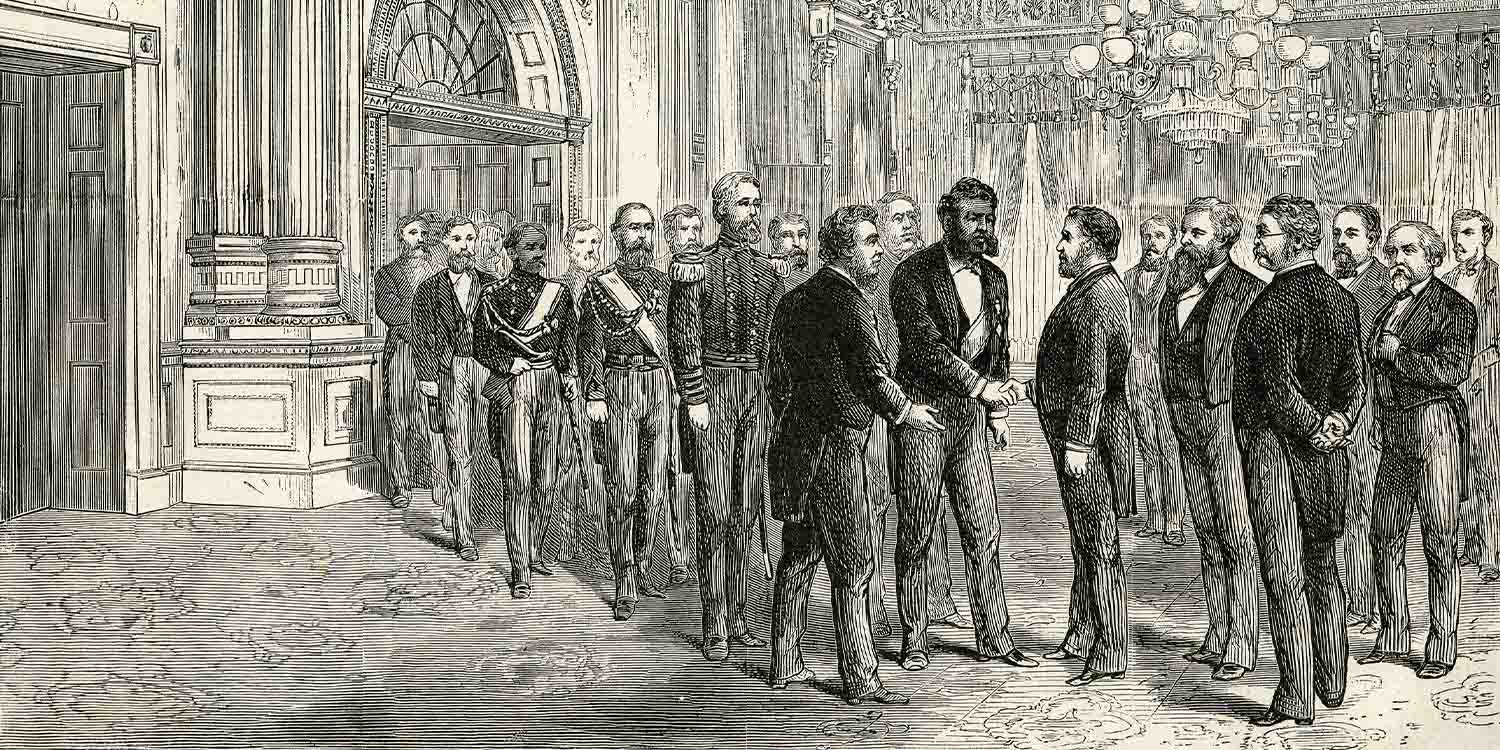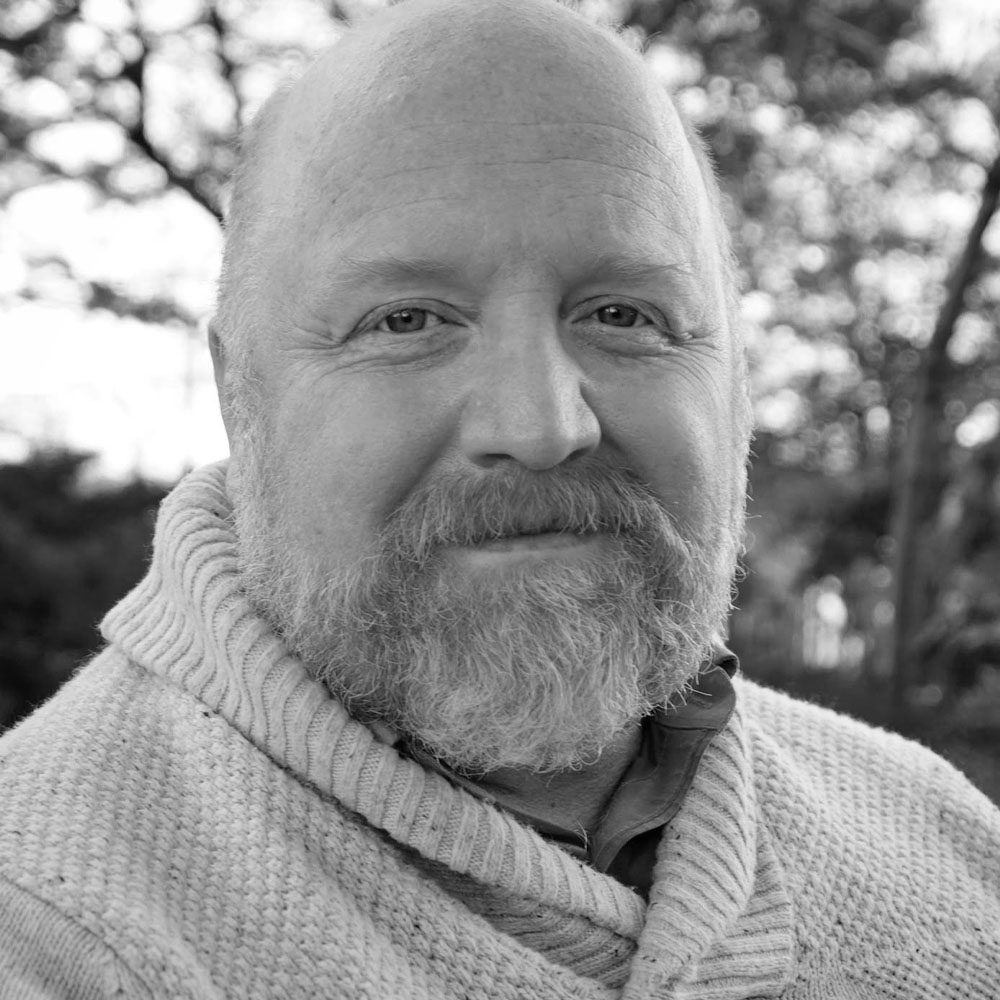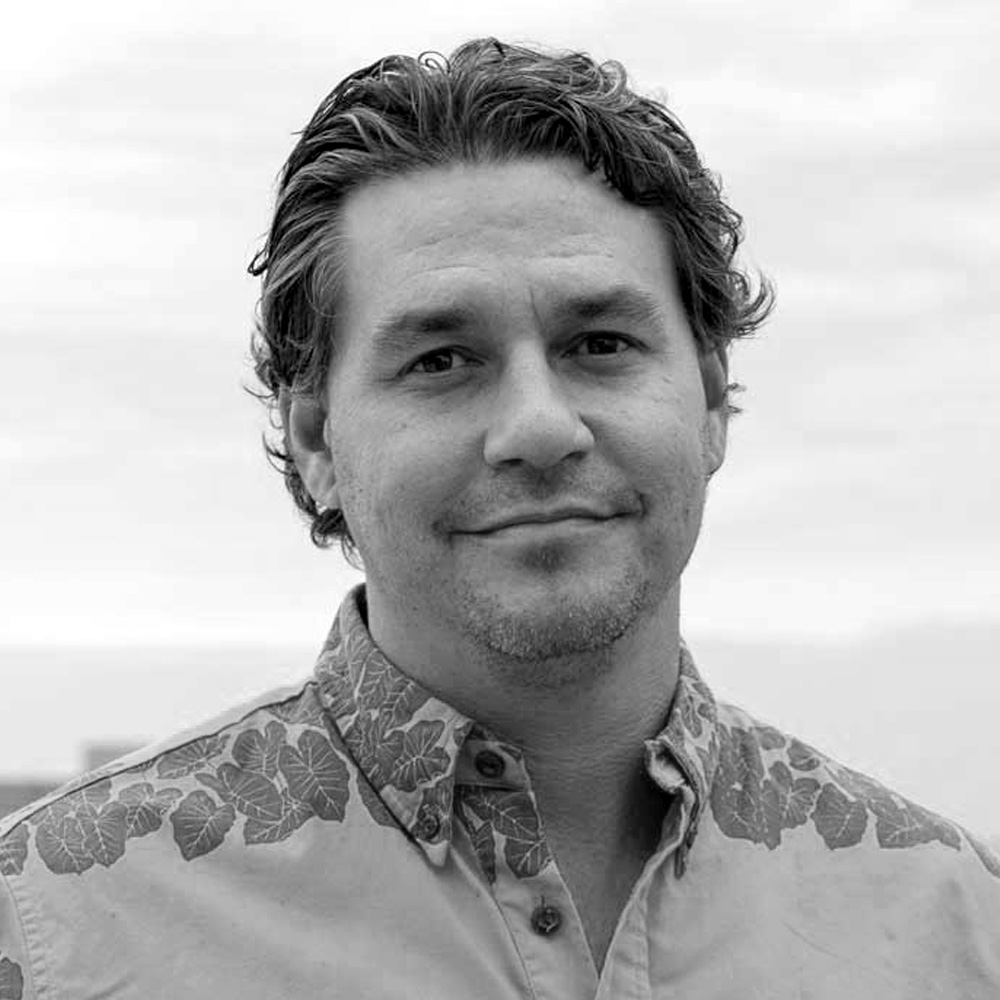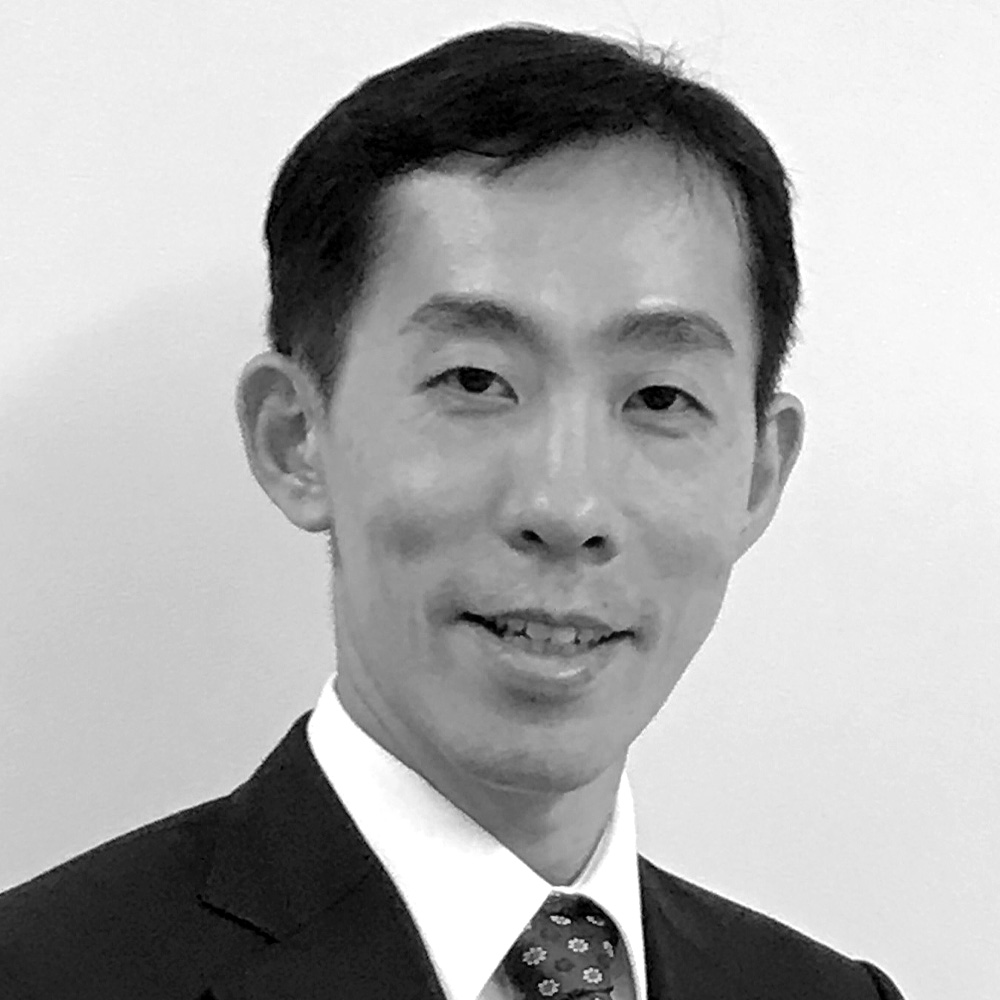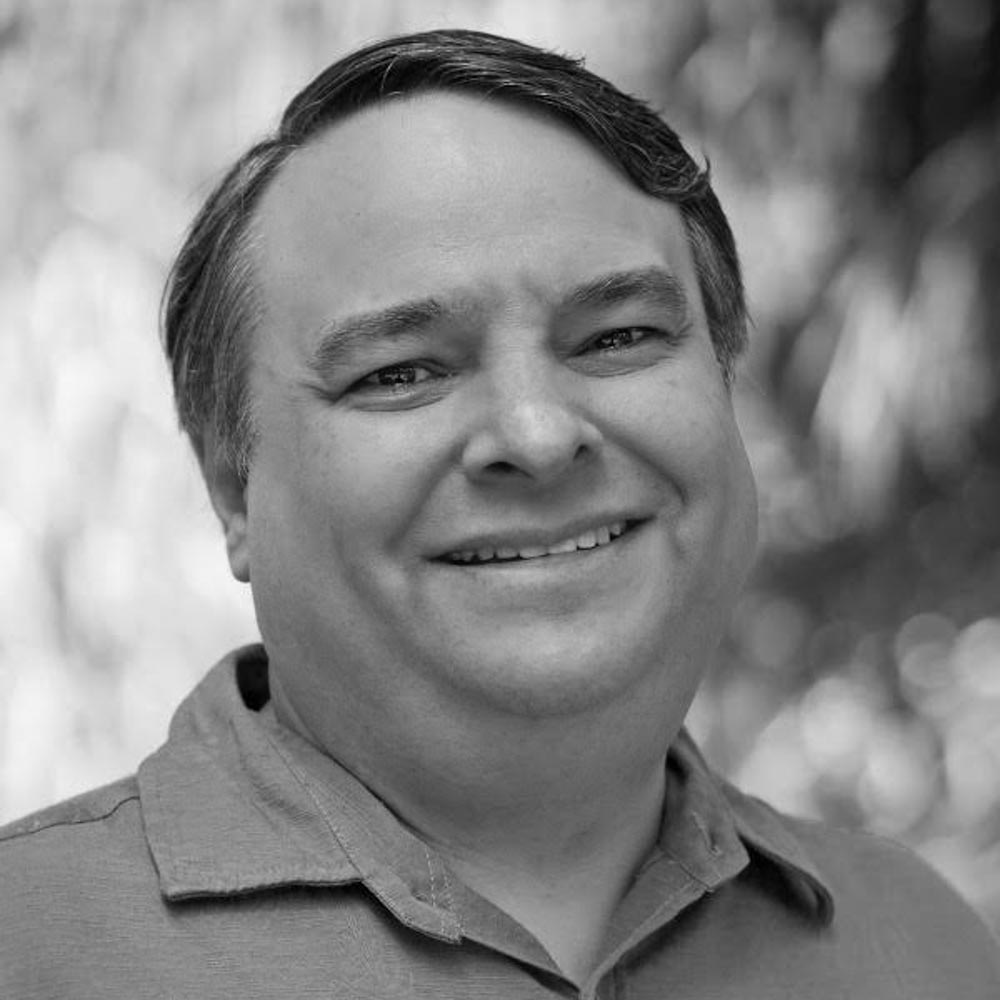ERI2023
April 21–24, 2023 | Virginia Tech, Arlington, Virginia (Washington D.C. Metropolitan Area)
 Welcome to The 3rd IAFOR Conference on Education, Research & Innovation (ERI2023), held in partnership with Virginia Tech, and sponsored by the School of Education, and held on the wonderful Virginia Tech Washington DC Arlington Campus.
Welcome to The 3rd IAFOR Conference on Education, Research & Innovation (ERI2023), held in partnership with Virginia Tech, and sponsored by the School of Education, and held on the wonderful Virginia Tech Washington DC Arlington Campus.
ERI2023 encourages academics and scholars to meet and exchange ideas and views in an international forum stimulating respectful dialogue. This event will afford an exceptional opportunity for renewing old acquaintances, making new contacts, networking, and facilitating partnerships across national and disciplinary borders.
"Learning Beyond Boundaries"
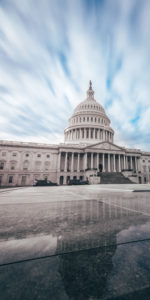 The United States of America with its democratic principles and individual freedoms has historically attracted and provided refuge for individuals and their ideals. A diverse country with a population of more than 350 million people, the U.S. has long served as a symbol of power, resilience, and prestige. Symbols of America’s prominence and independence are proudly on display in its capital of Washington DC: The White House, Capitol Building, the Lincoln and Jefferson memorials. But these iconic symbols are not beyond scrutiny, and the city’s museums, like the National Museum of African American History and Culture and the National Museum of the American Indian, offer a more nuanced understanding of the United States. These complex symbols represent the nation’s histories and also the ways people have come to understand modern challenges related to social inequities.
The United States of America with its democratic principles and individual freedoms has historically attracted and provided refuge for individuals and their ideals. A diverse country with a population of more than 350 million people, the U.S. has long served as a symbol of power, resilience, and prestige. Symbols of America’s prominence and independence are proudly on display in its capital of Washington DC: The White House, Capitol Building, the Lincoln and Jefferson memorials. But these iconic symbols are not beyond scrutiny, and the city’s museums, like the National Museum of African American History and Culture and the National Museum of the American Indian, offer a more nuanced understanding of the United States. These complex symbols represent the nation’s histories and also the ways people have come to understand modern challenges related to social inequities.
One of these enduring challenges is American schooling. The U.S. is home to top-tier universities–some are household names known around the world as cultural and intellectual powerhouses. And, yet, there are deep, intransigent challenges related to public school funding where young people lack equitable access and opportunities too often rely on wealth and geography and not necessarily on academic merit. It is in this context, with an eye toward equity and equality, that we hold our conference on Education, Research and Innovation, and look at how cutting-edge technologies and innovative practices both ameliorate and exacerbate these challenges, both within the United States and globally.
How can we resist boundaries to allow for greater access to educational systems and opportunities? How can educational innovation, research, and resilience serve as the new symbols for social equity? With the additional lens of the coronavirus pandemic, this international conference will offer an extraordinary opportunity for the exchange of ideas and presentation of research, as well as the comparative and contrastive discussions across borders of nation and discipline.
In conjunction with IAFOR's Global Partners, we look forward to welcoming you to Virginia Tech!
– The ERI2023 Programme Committee
IAFOR Journal of Education (Scopus Indexed Journal)
 This conference is associated with the Scopus and DOAJ listed IAFOR Journal of Education.
This conference is associated with the Scopus and DOAJ listed IAFOR Journal of Education.
- Location & Venue: Virginia Tech, Executive Briefing Center in Arlington, Virginia, United States
- Dates: Friday, April 21, 2023 to Monday, April 24, 2023
- Early Bird Abstract Submission Deadline: November 23, 2022*
- Final Abstract Submission Deadline: February 10, 2023
- Registration Deadline for Presenters: March 16, 2023
*Submit early to take advantage of the discounted registration rates. Learn more about our registration options.
Programme
-
 Embracing the Digital Shift: Unleashing the Potential of Flexible LearningKeynote Presentation: Dale Pike
Embracing the Digital Shift: Unleashing the Potential of Flexible LearningKeynote Presentation: Dale Pike -
 Existential Questions in Education: Research and InnovationKeynote Presentation: Michael Menchaca
Existential Questions in Education: Research and InnovationKeynote Presentation: Michael Menchaca -
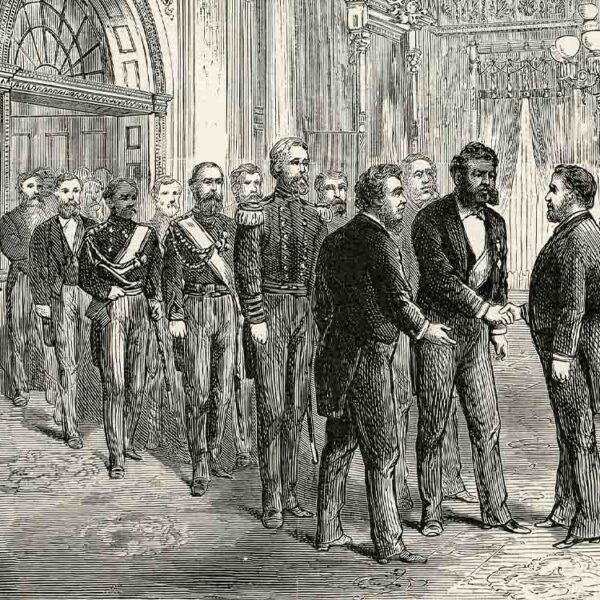 State or “State”?: The Innovations of the Hawaiian KingdomKeynote Presentation: Kālewa Correa
State or “State”?: The Innovations of the Hawaiian KingdomKeynote Presentation: Kālewa Correa -
 Learning Beyond Boundaries, Learning Beyond BordersFeatured Interview: Tomoaki Ishigaki
Learning Beyond Boundaries, Learning Beyond BordersFeatured Interview: Tomoaki Ishigaki
Speakers
Conference Committees
Global Programme Committee
Dr Joseph Haldane, Chairman and CEO, IAFOR
His Excellency Professor Toshiya Hoshino, Osaka University, Japan
Professor Barbara Lockee, Virginia Tech., United States
Professor Donald E. Hall, Binghamton University, United States
Dr James W. McNally, University of Michigan, United States & NACDA Program on Aging
Professor Haruko Satoh, Osaka University, Japan
Dr Grant Black, Chuo University, Japan
Professor Dexter Da Silva, Keisen University, Japan
Professor Gary Swanson, University of Northern Colorado, United States
Professor Baden Offord, Curtin University, Australia
Professor Frank Ravitch, Michigan State University, United States
Professor William Baber, Kyoto University, Japan
Conference Programme Committee
Dr Joseph Haldane, The International Academic Forum (IAFOR), Japan
Professor Barbara Lockee, Virginia Tech., United States
IAFOR International Academic Advisory Board
General Education Section
Professor Shingo Ashizawa, Kansai University of International Studies, Japan
Dr Tzu-Bin Lin, National Taiwan Normal University, Taiwan
Professor David McLoughlin, Meiji University, Japan
Dr Keiichi Ogawa, Kobe University, Japan
Professor Mark Pegrum, The University of Western Australia, Australia
Dr Cynthia Northington Purdie, William Patterson University, United States
Dr Thanassis Rikakis, University of Southern California, United States
Dr Rachel Lam, Independent consultant, Salt Lake City, Utah, United States
Distinguished Professor Tien-Hui Chiang, Zhengzhou University, China
Dr Linda Schwartz, Ambrose University, Canada
Dr Justin Sanders, Minerva Project
Professor Svetlana Ter-Minasova, Lomonosov Moscow State University, Russia
Professor Joshua Mok, Lingnan University, Hong Kong
Dr Yvonne Masters, Independent Researcher, Australia
Dr Bernard Montoneri, Independent Researcher, Taiwan
Professor Haruko Satoh, Osaka University, Japan
Educational Technology Section
Professor Curtis Ho, University of Hawai’i at Manoa, United States
Professor Mark Pegrum, The University of Western Australia, Australia
Dr Thanassis Rikakis, University of Southern California, United States
Daniel Kjellsson, Future Talent Council, Sweden
Professor Barbara Lockee, Virginia Tech., United States
Professor Keith W. Miller, The University of Missouri, United States
Dr Jo Mynard, Kanda University of International Studies, Japan
Mr Matthew Kay, Nature Publishing, United Kingdom
Professor Robert Logie, Osaka Gakuin University, Japan
Dr Amanda Müller, Flinders University, Australia
Language Learning Section
Professor Kay Irie, Gakushuin University, Japan
Professor David McLoughlin, Meiji University, Japan
Dr Shamim Ali, Allama Iqbal Open University, Pakistan
Dr Christine Coombe, Dubai Men's College, United Arab Emirates
Professor Jean-Marc Dewaele, Birkbeck, University of London, United Kingdom
Professor Stephen J. Hall, Sunway University, Malaysia
Professor José McClanahan, Creighton University, United States
Professor Svetlana Ter-Minasova, Lomonosov Moscow State University, Russia
Dr Sufian Abu-Rmaileh, UAE University, United Arab Emirates
Professor Michiko Nakano, Waseda University, Japan
Dr Amanda Müller, Flinders University, Australia
Conference Review Committee
IAFOR's peer review process, which involves both reciprocal review and the use of Review Committees, is overseen by conference Organising Committee members under the guidance of the Academic Governing Board. Review Committee members are established academics who hold PhDs or other terminal degrees in their fields and who have previous peer review experience.
If you would like to apply to serve on the ERI2023 Review Committee, please visit our application page.
